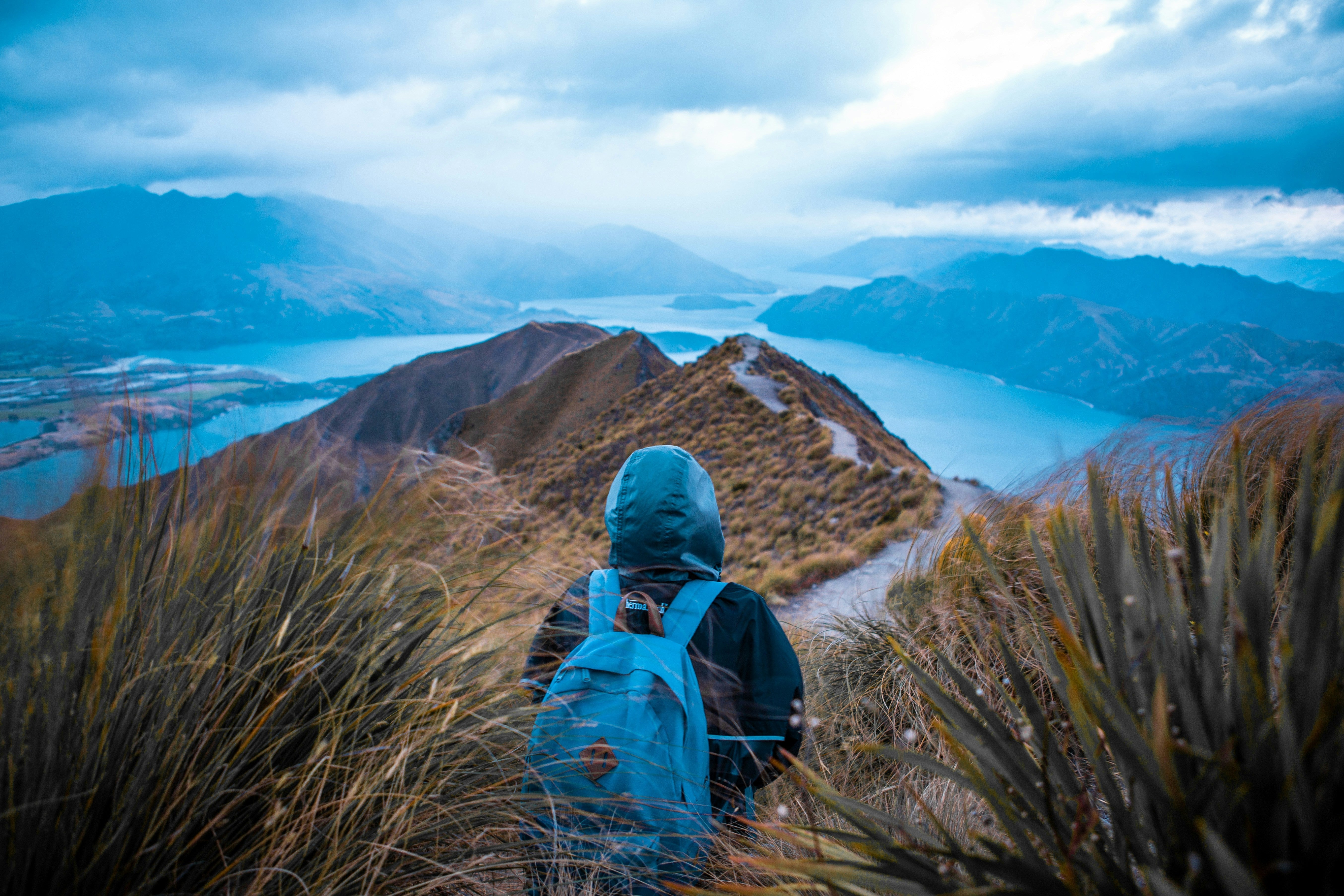
Tips for Solo Backpacking and Staying Safe
Solo backpacking is an incredible adventure that allows you to connect with nature, challenge yourself, and experience solitude in a profound and memorable way. However, traveling alone also comes with unique risks and responsibilities, not to mention that it can be incredibly dangerous if not properly prepared. Proper preparation, situational awareness, and smart decision-making can help ensure a safe and rewarding trip. Here are essential tips for solo backpacking and staying safe on the trail.
1. Plan and Research Your Route
Before heading out, thoroughly research your route. Know the terrain, elevation changes, and potential hazards.
-
Choose well-established trails if you're new to solo backpacking.
-
Check recent trip reports and weather conditions. Programs like trails.com and gaia gps can be very helpful for trip reports and your favorite weather app for checking the weather.
-
Identify potential campsites, water sources, and exit points.
-
Carry a map, compass, and/or GPS device. We would suggest carrying all three.
2. Share Your Itinerary
Always let someone know where you’re going and when you plan to return.
-
Provide a trusted friend or family member with your detailed itinerary.
-
Share check-in times or expected locations when possible.
-
Consider using a GPS tracker with an SOS function (such as Garmin inReach or SPOT device). In our opinion these are indispensable but traditional skills in map and compass navigation is also extremely necessary.
3. Pack Light but Smart
Solo backpacking means you carry everything alone, so packing efficiently is crucial.
-
Bring only essentials while maintaining safety and comfort.
-
Invest in ultralight gear to reduce weight.
-
Always pack extra food, water, and emergency supplies.
-
Carry a lightweight but durable tent, sleeping bag, and sleeping pad.
4. Master Navigation Skills
Don't rely solely on technology—learn traditional navigation skills.
-
Practice reading topographic maps and using a compass.
-
Download offline maps on a GPS device or phone. This is always a trade off - make sure you have a reliable way of charging such items, and is it worth carrying that extra weight?
-
Be familiar with landmarks and trail markers.
5. Be Weather Aware
Weather can change quickly, and being alone makes you more vulnerable.
-
Check forecasts before and during your trip.
-
Pack appropriate clothing for temperature changes, rain, and wind.
-
Know the signs of hypothermia, heat exhaustion, and dehydration.
6. Stay Alert and Aware
Being alone requires heightened situational awareness.
-
Stay observant of your surroundings, including trail conditions and wildlife activity.
-
Trust your instincts—if something feels off, adjust your plans. Always be flexible, remember, it's more about the journey than the accomplishment, at least that's our philosophy.
-
Be cautious around strangers and avoid sharing your solo status openly.
7. First Aid and Emergency Preparedness
Accidents happen, and having first aid knowledge can be life-saving.
-
Carry a well-stocked first aid kit with bandages, antiseptics, pain relievers, and any personal medications.
-
Learn basic wilderness first aid, including wound care and how to treat hypothermia.
-
Have a backup plan in case of an emergency, including the nearest ranger station or exit route.
8. Wildlife Safety
Encounters with animals are rare but possible, and knowing how to react is crucial.
-
Store food properly in bear-proof containers or hang it from a tree.
-
Know how to respond to different wildlife encounters (e.g., bear, mountain lion, or snake).
-
Avoid hiking at dawn and dusk when predators are more active.
9. Mental Resilience and Confidence
Solo backpacking can be mentally challenging, especially in remote areas.
-
Stay positive and embrace solitude as an opportunity for self-growth.
-
Prepare for moments of loneliness or fear by practicing mindfulness or journaling.
-
Build confidence by starting with shorter solo trips before attempting longer expeditions.
10. Trust Your Instincts
Your intuition is one of your best safety tools.
-
If a situation doesn’t feel right, change your plans.
-
Be flexible and willing to turn back if necessary.
-
Remember, safety is more important than reaching a destination.
Final Thoughts
Solo backpacking is a rewarding experience that enhances self-reliance, resilience, and a deep connection with nature. By planning thoroughly, staying aware, and making smart decisions, you can safely enjoy the freedom and adventure of hiking alone. With these tips in mind, get out there and embrace the journey with confidence!
